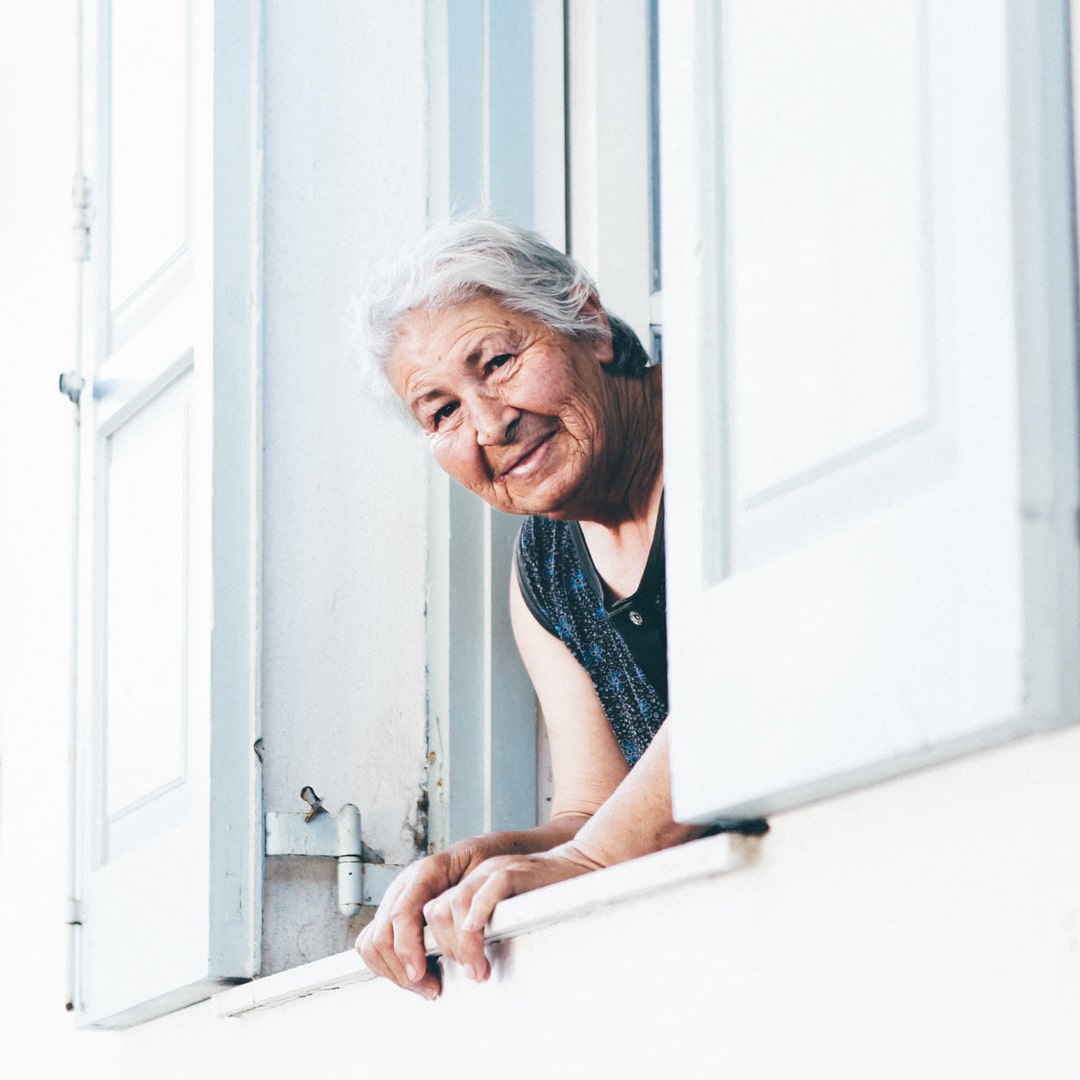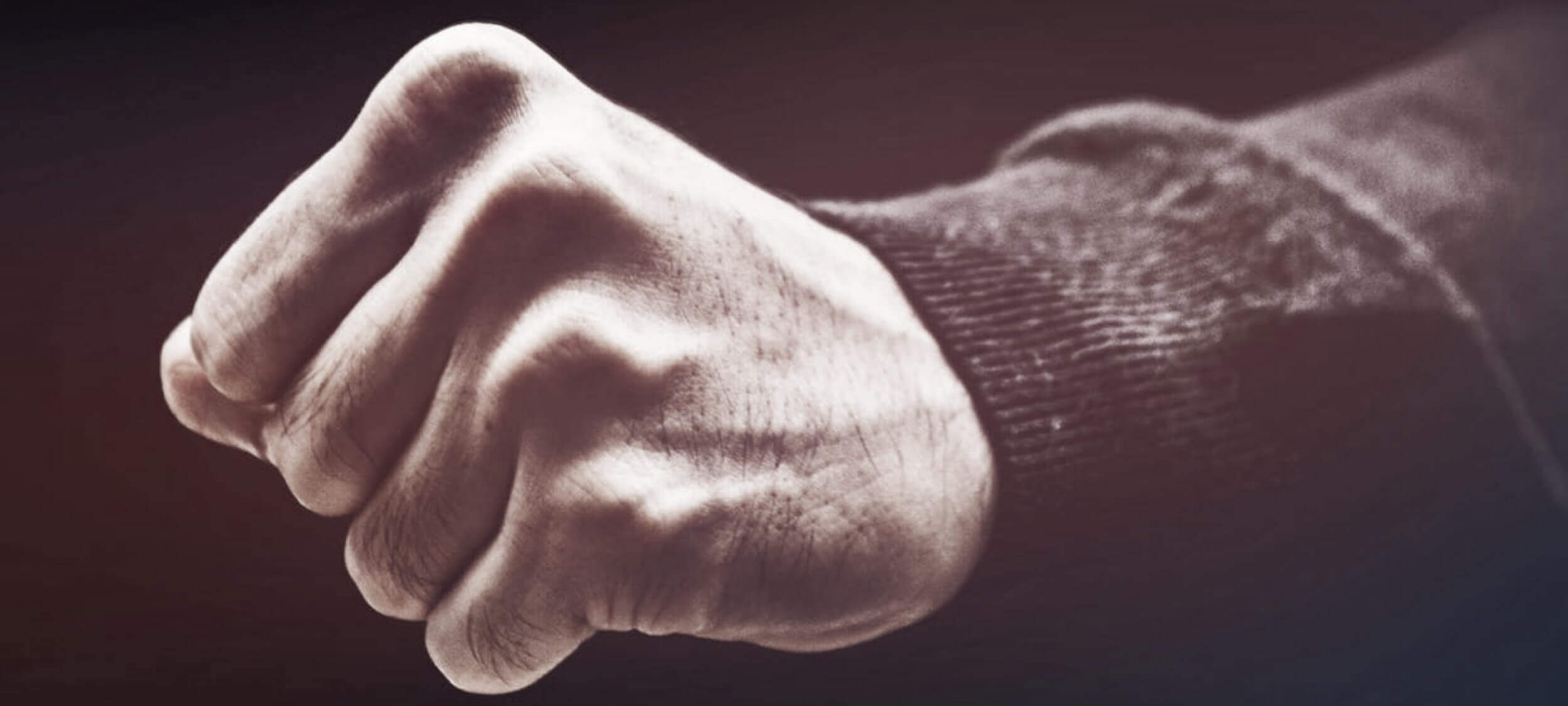Why ethical leadership needs to be practiced before a crisis

Why ethical leadership needs to be practiced before a crisis
Opinion + AnalysisBusiness + LeadershipHealth + Wellbeing
BY Dennis Gentilin 9 APR 2020
Crises, especially as momentous as this one, have a habit of exposing leaders. At worst, they expose incompetence and self-interest. At best, they reveal courage, resilience and deep concern for others. It is the latter that is the hallmark of ethical leadership.
Make no mistake, these are challenging times. There are potentially some dark days ahead. Humanity has not faced a perilous situation of this magnitude in my lifetime.
Unfortunately, ethical leadership is not something that can be ‘switched’ on at will. In trying times, one cannot simply dust off the ethical leadership manual and, like a chameleon, transform one’s approach. The reason for this is that ethical leadership is honed through many years of practice.
Ethics is a long game
This is not a new idea. Aristotle described ethical virtue as a “hexis” – a state or disposition – that is shaped by our habits. We come to be ethical by acting ethically, consistently being guided by an ethical framework when making choices, regardless of how difficult this might be given the prevailing circumstances. This is what it means to be a person with integrity.
For this reason the COVID-19 pandemic will (and in some cases already has) reveal what leaders believe to be good (their values) and right (their principles). More importantly, it will reveal how committed they are to their ethical core. Those who have failed to make ethical practice a daily habit will find it difficult. They may already have stumbled or are perhaps struggling to win the trust of sceptical followers. For those who have made integrity central to their leadership, the turbulent waters will be somewhat easier to navigate. Making the ethical choice will come more instinctively.
There is also the possibility that ethical leadership will emerge in the current crisis from the most unlikely of places. People whom we may have thought were not cut out to deal with a crisis or a thrust into a position of leadership will rise to the occasion. Perversely, moments like these, instead of paralysing leaders, can provide greater clarity on what is the ‘right’ thing to do. The path one must take, although rocky, lights up and is clearly signed. A leader comes into their own.
Ethical leadership, not perfection
All this being said, one thing that we should not (and cannot) expect is ethical perfection. In situations like these where there are excruciating trade-offs associated with many decisions, ethical perfection cannot be defined. The available choices are evenly balanced, providing a myriad of possible outcomes that all have considerable merit. It would therefore be preposterous to think that any leader in these circumstances, no matter how ethical, will get everything ‘right’. We should respect those who are being called upon to make extraordinarily difficult decisions, with imperfect information, in a highly dynamic environment.
However, there are some minimal expectations we should expect from our leaders. We should expect a degree of candour and honesty, accepting that in some cases full transparency will do more harm than good. We should expect that the safety of people – particularly the most vulnerable – is prioritised, accepting that there will be unfortunate loss of life. Above all, we should expect leaders to act with sincerity, rely on the best available evidence and display ethical competence. ‘Winging it’, ‘intuition’ and ‘common sense’ are not enough.
We all have a role to play
We should also understand that ethical leadership is not reserved for those who sit highest in the hierarchy, especially in unprecedented moments like these. This is something that can’t be underestimated. Ethical leadership will need to emerge at every level of society if we are to find a way through what will be some very difficult weeks and months ahead. Do not discount our essential role as ethical citizens.
Jon Haidt, a professor of ethical leadership at the Stern School of Business at NYU, talks about how morality “blinds and binds”. It can evoke the passions and bind people around a common cause. However, in doing so, it can breed dogmatism and drive us into our ideological camps, blinding us to our common humanity.
For the first time in a while, the coronavirus has created a present and common cause that all of humanity can bind to. It will test our leaders and in doing so reveal those who make ethics more than a word in their by-line. It will produce benevolent and heroic acts among citizens that extreme circumstances like these so often educe. And hopefully, by producing a cause we can all be bound by, it will dampen some of the tribalism and self-interest that has been an unfortunate feature of some sectors of our society in recent times.
You can contact The Ethics Centre about any of the issues discussed in this article. We offer free counselling for individuals via Ethi-call; professional fee-for-service consulting, leadership and development services; and as a non-profit charity we rely heavily on donations to continue our work, which can be made via our website. Thank you.
Ethics in your inbox.
Get the latest inspiration, intelligence, events & more.
By signing up you agree to our privacy policy
You might be interested in…
Opinion + Analysis
Business + Leadership
New framework for trust and legitimacy
Big thinker
Health + Wellbeing, Relationships
Big Thinker: Temple Grandin
Explainer
Business + Leadership
Ethics Explainer: Ethical Infrastructure
Explainer
Health + Wellbeing, Society + Culture
Ethics Explainer: Logical Fallacies
BY Dennis Gentilin
Dennis Gentilin is an Adjunct Fellow at Macquarie University and currently works in Deloitte’s Risk Advisory practice.
Is it ok to visit someone in need during COVID-19?

Is it ok to visit someone in need during COVID-19?
Opinion + AnalysisHealth + WellbeingRelationships
BY Matthew Beard 9 APR 2020
You’ve been hitting us up with your COVID-19 ethical questions. We’ve been sending our ethicists into the philosophy lab to cook up some answers.
This week, we’re talking about trade-offs. How do we the balance risks and potential harms from our behaviours against the value they might have?
I have family members who are at high-risk from COVID-19 but who are also at risk of mental stress from isolation, what should I prioritise – their physical safety or their psychological wellbeing?
When I was teaching medical students (about ethics, nobody wants me teaching them science), I was often relieved to find an openness to considering the holistic needs of the patient. They weren’t interested in healing the body at the expense of the mind. This was thanks in part to something called the ‘biopsychosocial model of health’, which basically suggests that we need to think of health at the intersection of the physical body, the mind and the environment we find ourselves in.
What this model reminds us of is that we don’t make trades between mental and physical health – those terms are somewhat of a misnomer. There aren’t different kinds of health; there’s just health. Someone who is suffering from a virus isn’t enjoying a healthy life; nor is someone whose depression is worsening as a result of isolation.
Think about it this way: if your family members were diabetic and needed to go to the pharmacy to fill their insulin prescription, you wouldn’t advise them not to go because they were high risk of COVID-19; because that’s not the only thing that’s going to set back their health. I’m not convinced you should think about their health any differently because the problem is mental rather than physical.
That said, it’s important to bear in mind that you should still do what you can to minimise the risk to your family members – not least because they may not be the only ones who are at increased risk of infection if you choose to visit. Again, think of the diabetes analogy. It would be unreasonable to tell them not to go to the pharmacy for fear of COVID-19, but it would be safer if someone who wasn’t high risk collected their prescription on their behalf.
By the same logic, if there are ways you can alleviate their sense of loneliness and isolation without increasing their risk, then you should do those things. You might not have to choose between minimising the risk of infection and helping a lonely family member at a time when loneliness is rife. But if you can’t, it’s helpful to remember that you’re dealing with risky options either way.
I’m struggling to decide whether I should visit my two loved ones in their aged care facilities right now. Do I leave them and trust they will get the correct care if the outbreak spreads or ‘check in’ and visit them?
Ever heard the story of the two wolves? It’s an old proverb. A Native American elder explains to a young man that there are two wolves inside us all. One represents the lesser demons of our nature, and the other the better angels. The wolves are in constant battle with one another to determine the kind of person we’ll be. ‘Which wolf wins?’, asks the young man. The elder responds, ‘the one you feed.’
In times of enormous stress and uncertainty, the two wolves duking it out inside us tend to be our attitudes toward control. One wolf screams ‘Jesus take the wheel!’ and surrenders all sense of agency – throwing in the towel and hoping for the best, taking no responsibility for the future. The other wolf cries, ‘let me drive!’ and tries to manage every possible variable to secure a half-decent outcome. And, just like the story goes, the wolf we feed – the one we reinforce through behaviour and habit – is the one that will win out.
The reason I share the story of the wolves with you is because your concern for loved ones doesn’t seem to be primarily about giving them social connection or making sure they’re not lonely. Rather, your question suggests what’s bothering you most is whether the carers will do a good job without you to check in. That kind of distrust is likely the product of one of two things: reason or anxiety.
Do you have reasons why you suspect the care for your loved ones will languish in your absence? If so, I can only imagine how heart-wrenching it must be to stay away at a time like this. However, if you’ve generally had good experiences and haven’t had any reason to distrust the staff until now, it’s worth reflecting on whether your inner micro-managerial wolf needs some time off to meditate.
I mean that sincerely – most of us need to meditate during this pandemic – to get clarity on how we manage uncertainty. Do we have trouble accepting our lack of control? Are we too lackadaisical or passive when shit hits the fan?
The truth is, I can’t answer the question of whether you should check in on your family – and in doing so expose them and everyone else at those aged care facilities – because I don’t know if you’ve got good reasons for concern. But let me plead with you on behalf of every person who has loved ones in aged care: if you’re doing this because you’re anxious and scared, please stay at home. We’re all scared for our loved ones, but hopefully you can see that resolving that fear by exposing the people you love to risk is as pointless as howling at the moon.
You can contact The Ethics Centre about any of the issues discussed in this article. We offer free counselling for individuals via Ethi-call; professional fee-for-service consulting, leadership and development services; and as a non-profit charity we rely heavily on donations to continue our work, which can be made via our website. Thank you.
Ethics in your inbox.
Get the latest inspiration, intelligence, events & more.
By signing up you agree to our privacy policy
You might be interested in…
Opinion + Analysis
Health + Wellbeing, Business + Leadership
The ethical dilemma of the 4-day work week
Opinion + Analysis
Health + Wellbeing, Relationships
Germaine Greer is wrong about trans women and she’s fuelling the patriarchy
Opinion + Analysis
Relationships
Breaking news: Why it’s OK to tune out of the news
Opinion + Analysis
Relationships









